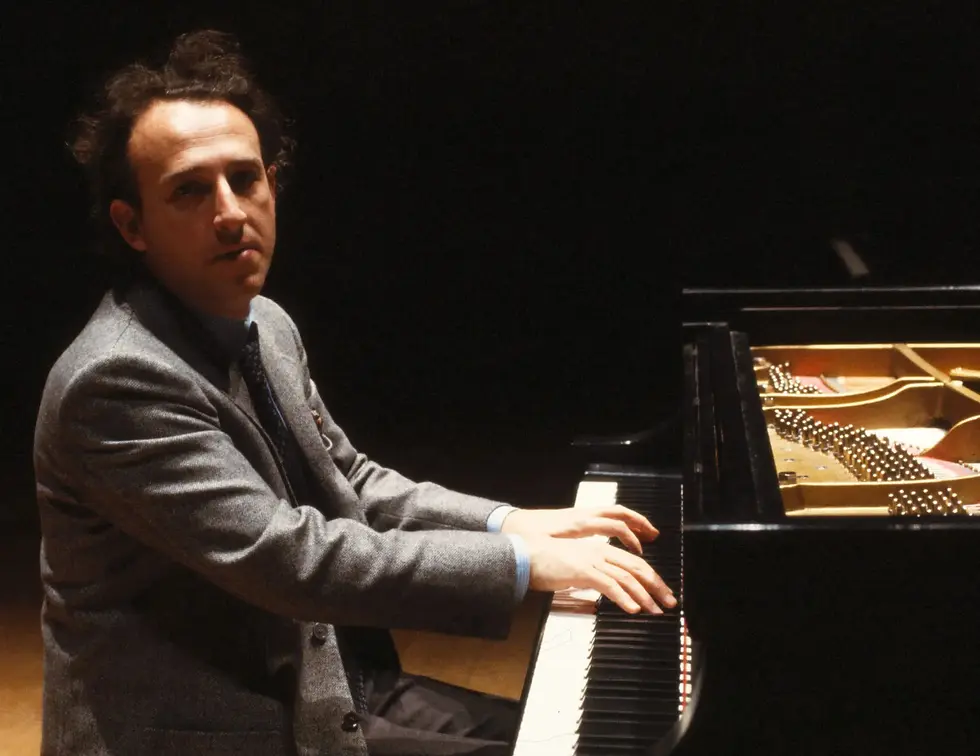Remembering Maurizio Pollini (1942-2024)
- Alkis Karmpaliotis

- Mar 25, 2024
- 2 min read
By Alkis Karmpaliotis
Founder of AppreciateOpera.org
The Italian pianist Maurizio Pollini, renowned for his impeccable technique and deeply thoughtful interpretations, has died at age 82. His death was announced by Milan's Teatro alla Scala, one of Pollini's artistic hubs, where he performed frequently throughout his decades-long career.
Pollini began performing as a young child and quickly advanced his career, winning several competitions as early as his teenage years, before making a name for himself by winning the Chopin Piano Competition in 1960.

Pollini is widely considered to be one of the most brilliant musicians of all time, and his expansive list of recordings — two of which won Grammy awards — will forever remain engrained into the history of music. Critics and fellow musicians alike have sung Pollini's praises since his passing, while his loyal fans continue to celebrate his legacy.
Pollini was also a subject of much controversy in his career, with many listeners asserting that his technique, while precise and flawless, led to a cold and unemotional sound. However, he was generally a very reserved man and refused to comment on such criticisms or on his artistic style as a whole. He was equally private about his private life and preferred to surround himself only with like-minded musicians, most notably his compatriot Claudio Abbado, with whom he worked particularly closely throughout his life.
Another significant component of his career was his much-publicized membership of the Italian Communist Party and staunch antifascist stance. Pollini did not shy away from using music as a tool for political change, often giving recitals for workers and students (sometimes with Abbado) and using them as platforms to protest events such as the U.S. bombing of Hanoi.
A modernist on the piano as much as in politics, Pollini was a master of all genres of music and embraced the works of contemporary composers as much as the classics of Beethoven and Chopin. He often combined canon works with more modern works on the same record; a prime example of this is his 1989 recording with the Berlin Philharmonic, which paired Schumann and Schoenberg's Piano Concertos on one stunning disc.
Perhaps the most significant aspect of Pollini's legacy is his enduring belief in the power of art to influence change. To Pollini, art was central to humanity, stating, "Society cannot live without art." This resolute message perfectly captures the indelible mark that he left not only on music but on the entire world.
In honor of Pollini's memory, here are three of his best recordings:
My name is Alkis Karmpaliotis, I'm a Junior at the Ethical Culture Fieldston School, and I founded AppreciateOpera.org in 2019 when I was 12 years old. If you enjoyed this article, be sure to check out some of my other articles and interviews!





A rare individual, deeply educated, immensely talented yet humble and of few words. He will be sorely missed.